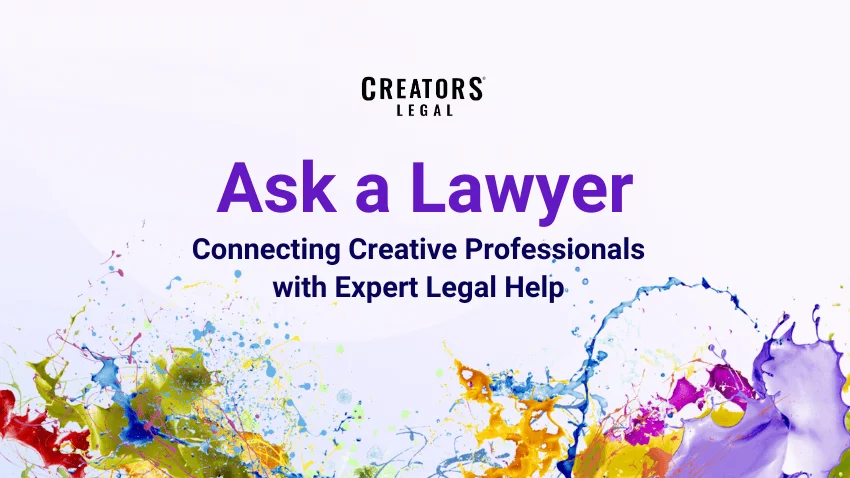As American poet, author, and political theorist, Robin Morgan once said, “Knowledge is power. Information is power.” To this day, this statement remains valid and is even more important to keep in mind today!
Although emerging technologies will undoubtedly impact the future and life as we know it, nothing else compares to the power of information. Information is crucial to everything you do in your daily life—modern society relies on facts, numbers, images, and data to deal with various tasks and keep things up and running.
The Impact of Information
As the main factor of a society’s well-being, information plays a key role in a community’s stability and sustainable development. Data is essential for an organization’s effective operation and decision-making, fostering its growth and contributing to its success!
However, although information can give a business a competitive advantage, it may be sued against them once data is made known to entities and individuals against their business’s best interests. Given the fierce competition in the current business landscape and the sensitive nature of company information, it’s vital to keep critical data under wraps.
Also Read: Legalities for Course Creators: A Basic Guide
As a way to ensure that no one will leak information to competitors or other unauthorized personnel, you must use non-disclosure agreements (NDAs).
What Is a Non-disclosure Agreement?
If you’ve experienced telling someone to keep something a secret, you’ll know that there is little to no assurance that no information will leak out unless your friend is good at keeping things to themselves. However, when it comes to dealing with confidential information, you can’t rely on trust!
Anything can happen, and you could compromise your organization once confidential information reaches the ears and eyes of those who shouldn’t hear or read about it. Thanks to non-disclosure agreements, you can guarantee that no one will share your company’s data with unofficial individuals.
A non-disclosure agreement is a contract designed to protect confidential information by legally prohibiting its signatory from sharing materials or data. Today, companies and individuals from various industries use non-disclosure agreements to safeguard their data.
Where Are NDAs Used?
Non-disclosure agreements are commonly used for businesses negotiating with other companies. A mutual non-disclosure agreement allows each party to discuss sensitive information without worrying that it will end up being taken advantage of by its competitors.
The NDA contract is also considered standard paperwork for hiring employees—a company may craft this agreement to protect information related to intellectual property, trade secrets, and other data that might compromise the organization when revealed to the public or its competitors.
Also Read: Why Do Podcasters Need to Ask Permission to Sync Music?
An employee usually signs an NDA before their first day on the job, but some companies ask applicants to sign an NDA even before the interview process begins.
The Wrap
Information is indeed powerful! Depending on the data you hold, you could catapult yourself to the top and later on become an unshakeable presence in the industry. However, to achieve your goals as a content creator and continue on the path to success, it’s crucial to have a non-disclosure ready at any time.
Creators Legal is the first and only legal platform built just for Content Creators. Get simple, straightforward, and trustworthy creator contracts in a fast, easy-to-use platform. With a powerful guided Form Builder, a secure e-signature system, and your own personalized dashboard to store and organize all your contracts, you can get yourself protected in minutes without the need for expensive entertainment lawyers!
Want to learn more? Check out CreatorsLegal.com, where you can get single-use contracts or monthly and annual subscriptions on all contracts for creators! Try us now.






